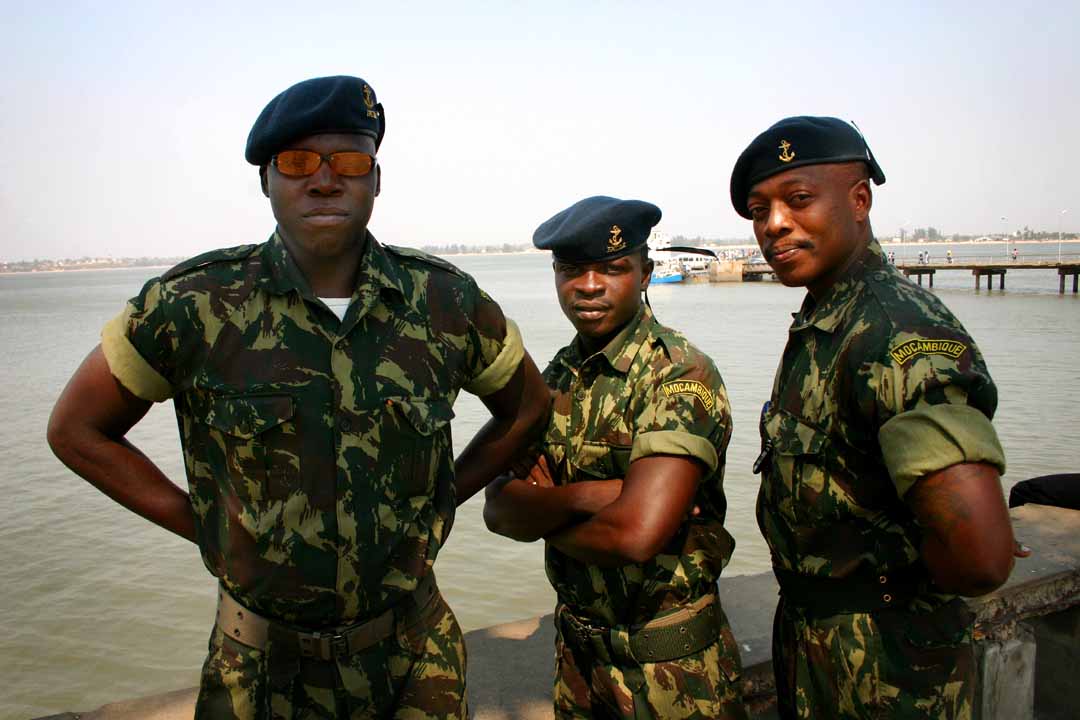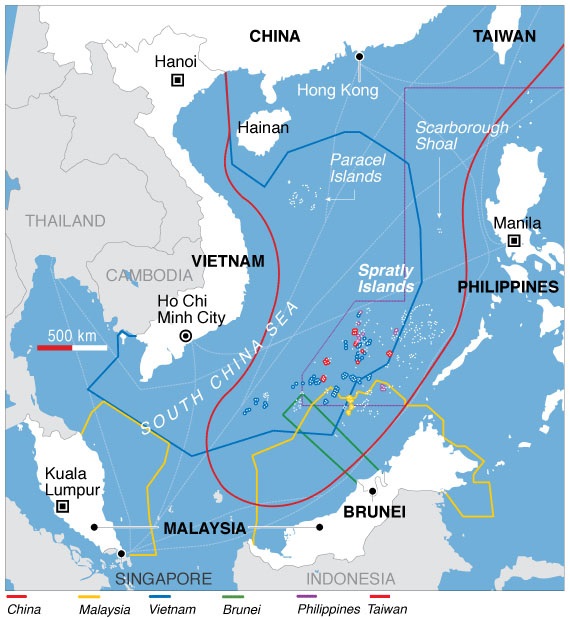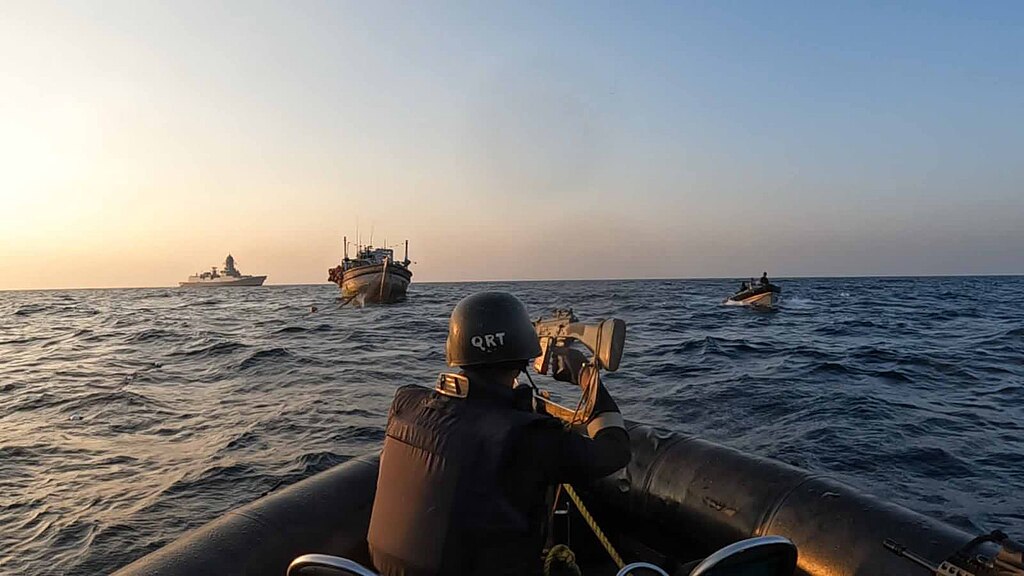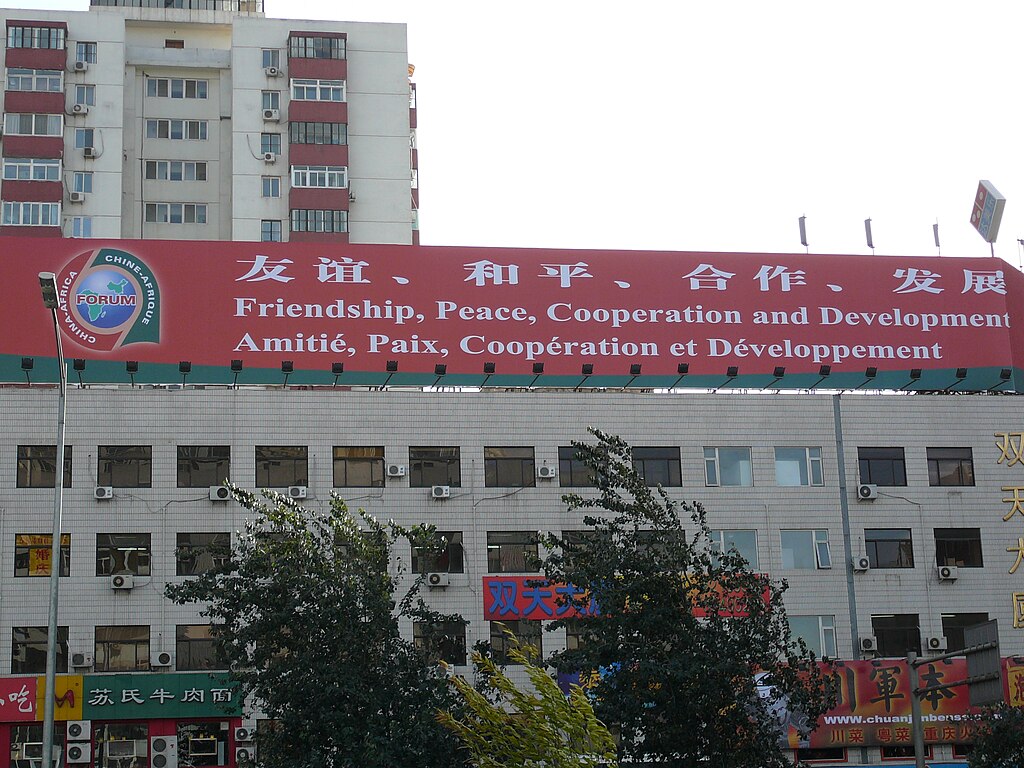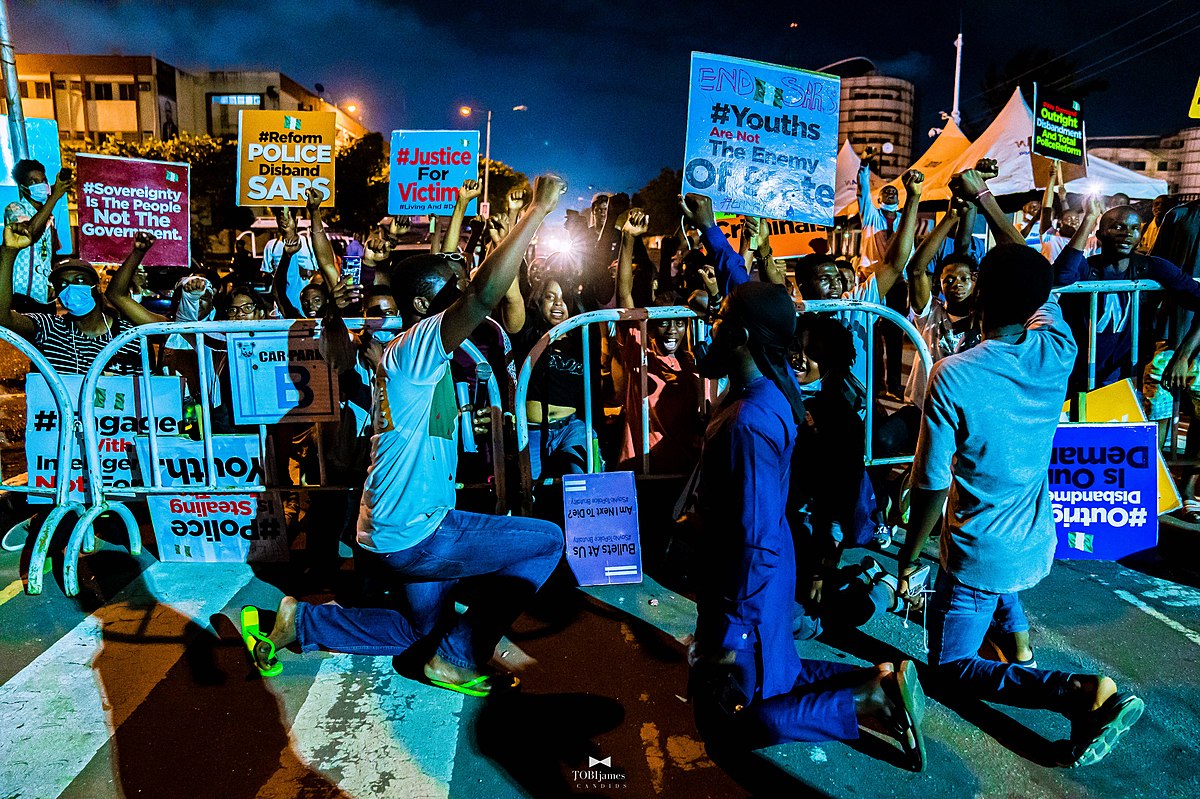
Protests against the corruption of the Special Anti-Robbery Squad (SARS) in Lagos in the past resemble the current protests across Nigeria over hardship and hunger, but the sight of Russian flags as an anti-government symbol in the north is a radically new development.
“The nationwide protests against hardship and hunger took a dangerous dimension, with protesters in some Northern states waving the Russian flag….”
Russian influence in Francophone West African countries that have experienced military coups in the last few years is a clear trendline. One of the most notable examples of this influence has been the expansion of the Wagner Group – or Africa Corps as the company is now known – in the region. However, the excerpted punch.ng report about Russian flags being seen at anti-government protests in northern Nigeria is a new and unexpected development, and a possible indication that Russian information operations are contributing to a positive image of Russia in parts of Nigeria. This is despite Russia’s dubious counter-insurgency record in the Sahel and its support for anti-democratic military juntas in West Africa.[i] According to the article, certain northern elite politicians provided Russian flags to #EndBadGovernance protesters, who are disappointed with the government’s inability to address hunger and hardship in the country. The article further suggests that these elites seek to remove the current Nigerian president, Bola Tinubu, from power. The Russian flags served as a threat to Tinubu’s administration that what happened to leaders deposed in coups in Francophone West Africa could occur in Nigeria as well. According to the article, the response of the Nigerian military to these Russian flags could lead to an excessive reaction towards the flag holders and their alleged sponsors. The military has a history of cracking down on dissent with excessive violence.[ii] The article quotes top military officials as stating the protesters holding the Russian flags are treasonous could indicate harsh action will be taken against them, including at least 10 protesters and flag makers who have already been arrested.
Sources:
“Russian flag: FG probes four northern political bigwigs,” punch.ng (Lagos-based publication with a southern Nigerian perspective often critical of the government and northern Nigerian powerbrokers) 7 August 2024. https://punchng.com/russian-flag-fg-probes-four-northern-political-bigwigs/
The nationwide protests against hardship and hunger took a dangerous dimension, with protesters in some Northern states waving the Russian flag as they chanted “Tinubu must go.” Russia, an Eastern power currently mired in a cold war with the West, has been blamed for several unconstitutional changes of government in West African countries such as Niger, Mali and Burkina Faso, and among others. The Nigerian military said persons flying the Russian flag were committing treason and will, therefore, be “prosecuted”.
This act not only disrespects our national symbols but also commits treasonable felony and related offences. Hence, 10 suspects were arrested flying Russian flags,” Public Relations Officer ASP Buhari Abdullahi stated while parading the suspects.
Notes:
[i] See, for example, Human Rights Watch, “Mali: Army, Wagner Group Atrocities Against Civilians,” 28 March 2024. https://www.hrw.org/news/2024/03/28/mali-army-wagner-group-atrocities-against-civilians
[ii] Just five years ago, in 2019, for example, the Nigerian military cracked down on the Shia Islamic Movement in Nigeria (IMN) and killed several dozen of its members who had been protesting in the streets and nearly killed their leader, Ibrahim al-Zakaky. He was forced to recover from his injuries while under long-term house arrest. See Faiza Mawani, “Persecution of the Shia Islamic Movement of Nigeria,” October 19, 2020, UAB Institute for Human Rights Blog. https://sites.uab.edu/humanrights/2020/10/19/persecution-of-the-shia-islamic-movement-of-nigeria/
Image Information:
Image: Protests against the corruption of the Special Anti-Robbery Squad (SARS) in Lagos in the past resemble the current protests across Nigeria over hardship and hunger, but the sight of Russian flags as an anti-government symbol in the north is a radically new development.
Source: TobiJamesCandids, https://commons.wikimedia.org/wiki/File:Protest_against_the_Special_Anti-Robbery_Squad_(SARS)_in_Lagos,_Nigeria.jpg
Attribution: CC x 2.0

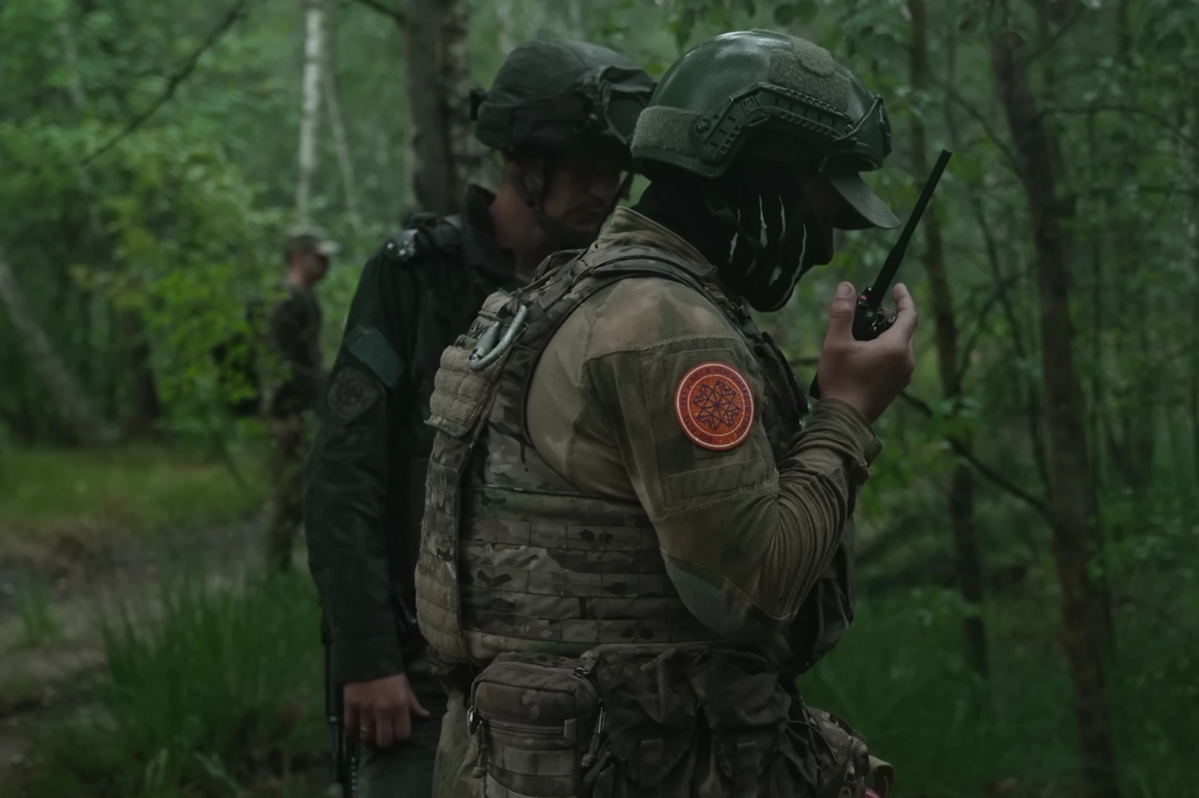
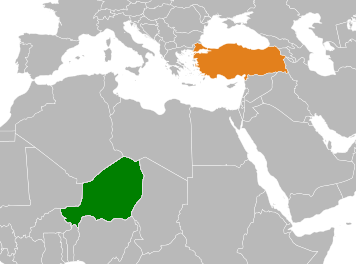
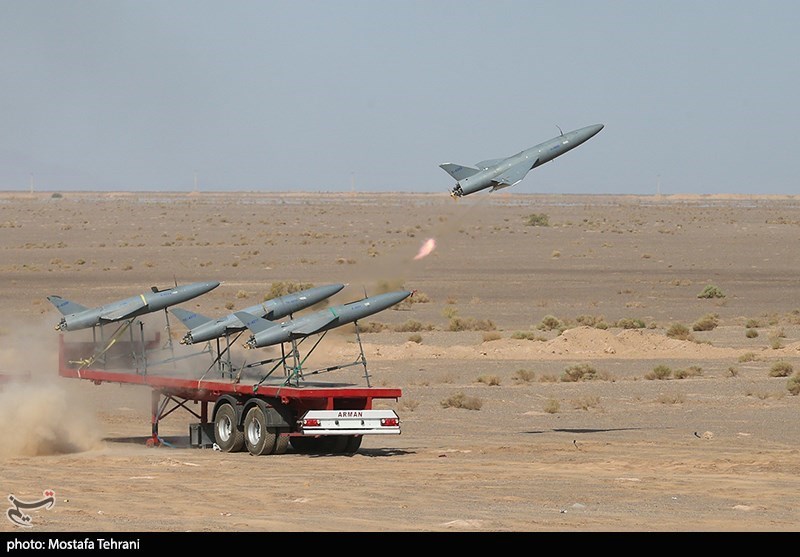
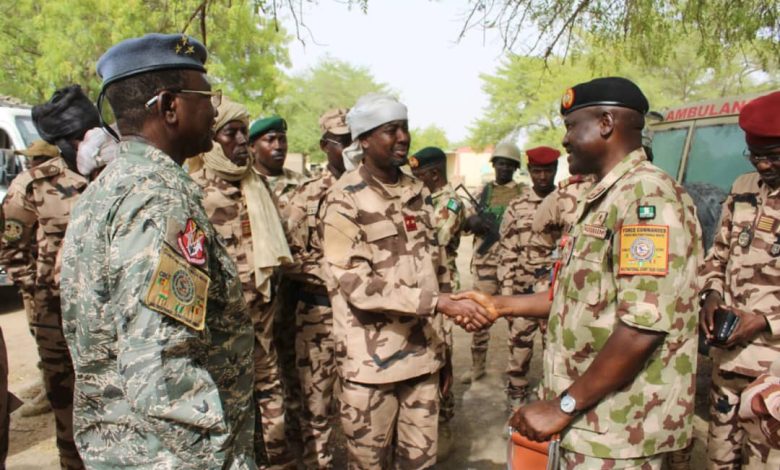
.jpg)
